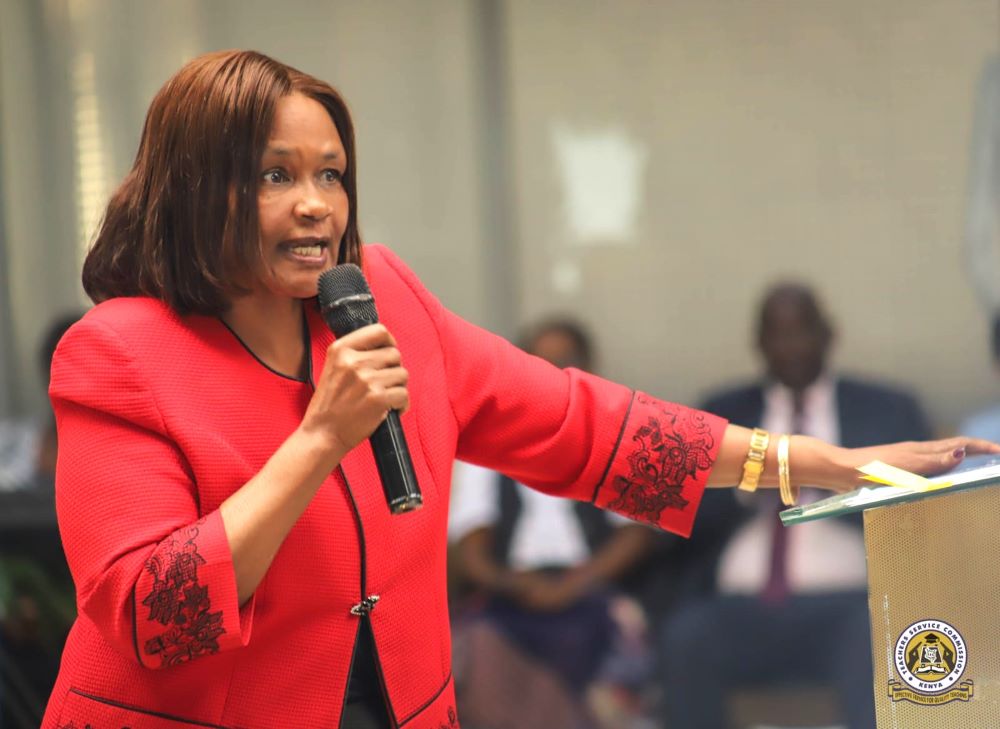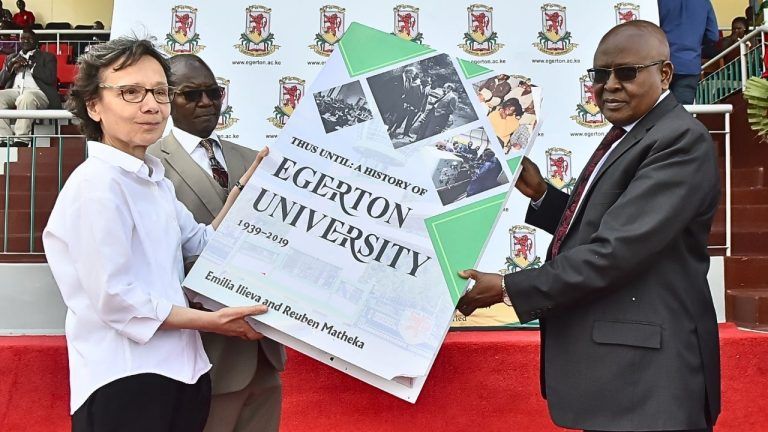The National Fund for the Disabled of Kenya (NFDK) has inaugurated a brand-new twin dormitory at Mweiga Special School.
According to the NFDK board of trustee member, Senator David Musila, the new dormitory aims to attract more children with disabilities to enroll and stay in school by providing a secure, well-equipped boarding facility.
“The construction and equipping of this facility was funded by the National Fund for the Disabled of Kenya at a cost of Ksh3,000,000. As a Fund, we advocate not only the right to education for learners with disabilities but the holistic development of each learner,” he said.
“It is our hope that the additional facility handed over today will serve to mitigate the problem of overcrowded dormitories. Developing such facilities enhances the learning experiences, increases enrolment and retention of learners in the institutions,” he added.

Musila pointed out that the dormitory is just one of the 203 projects funded by NFDK across the country, which include accessible dormitories, vocational training workshops, classrooms, computer labs, and other essential facilities aimed at improving the educational experience for learners with disabilities.
“The organization also provides annual grants to over 150 institutions, funding improvements such as therapy equipment, sanitation facilities, and learning materials. By enhancing school infrastructure and supporting development projects in special schools, NFDK is working towards eradicating the inequalities that hinder children with disabilities from achieving their full educational potential,” he said.
Mweiga Special School head teacher Beth Ngotho said that the construction and equipping of the modern dormitory will make a tremendous difference in the lives of learners in the institution.
“Many families have been hesitant to send their children with special needs to our school due to the poor living facilities. This modern, purpose-built dormitory sends a clear message that we are committed to providing a nurturing, supportive environment where all learners can thrive. I’m confident we will see a surge in enrollment in the coming year as parents recognize the transformation happening here,” she said.
Children with disabilities often face significant challenges in accessing quality education as many schools lack the proper infrastructure, equipment, and trained personnel to properly support these students.

Overcrowded classrooms, limited learning materials, and poor access to therapeutic services have further worsened the barriers to inclusive education for children with disability, making it difficult for them to access the same learning opportunities as their peers.
Societal stigma surrounding disabilities has also discouraged many families from enrolling their children in school, leading to alarmingly low enrollment and high dropout rates for learners with special needs.
Without a supportive and accessible learning environment, these children have often been left behind in a system that should be nurturing their potential.
A report by the Kenya National Survey for Persons with Disabilities (KNSPWD) shows the prevalence rate of children with special needs and disabilities aged between 3 and 21 years in Kenya is 11.4%.
The 2018 report shows that a larger percentage of people with disabilities (PWD) who had only completed primary education lived in rural areas was 72% compared to those in urban areas at 49%.
YOU MAY ALSO READ:
Relief for schools in Rabai as MP launches construction of water boreholes
The region with the highest proportion of PWDs denied school enrollment was Western Province at 9%, while Nairobi Province had the lowest rate of 4%.
The report also indicates that 39% of PWDs dropped out of school due to lack of money.
Further, the regions with the highest school dropout rates among PWDs due to inadequate fees were Central at 44%, Rift Valley at 45%, and Western Province at 49%. Additionally, 6% of PWDs dropped out due to their disabilities, 9% due to illness, and 9% due to lack of interest. 7% of PWDs reported being denied enrollment in school because of their disability.
By Macharia Kiarie
You can also follow our social media pages on Twitter: Education News KE and Facebook: Education News Newspaper for timely updates.
>>> Click here to stay up-to-date with trending regional stories
>>> Click here to read more informed opinions on the country’s education landscape






